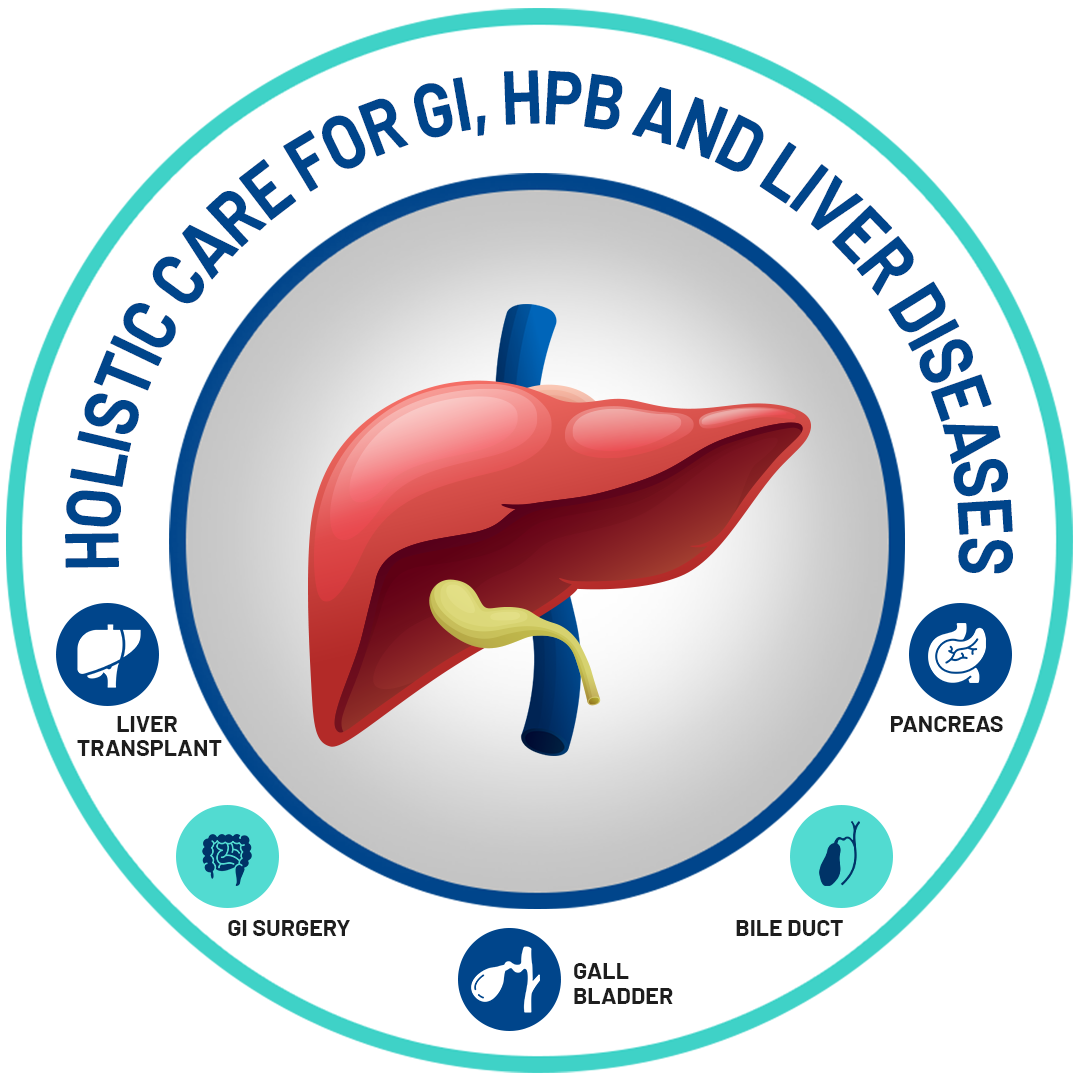- Home
- About Us
-
GI Services
-
Gall bladder and Biliary tree
- Gall bladder stones and bile duct stones
- Benign biliary stricture
- Gall bladder cancer
- Bile duct cancer
- Choledochal cyst
-
Pancreatitis & Tumors Of Pancreas
- Pseudocyst of pancreas
- Necrotizing pancreatitis
- Chronic pancreatitis
- Cancer of the pancreas
- Neuroendocrine tumours
- Pancreatic cystic neoplasms
- Benign tumors of pancreas
- Best Treatment for Colon and Rectal Cancer (Colorectal cancer) Spleen removal or splenectomy
- Other Diseases Of The Colon (large intestine) And Small Intestine
-
Gall bladder and Biliary tree
- Liver Transplantation
- Robotic surgery
- More
- Contact
